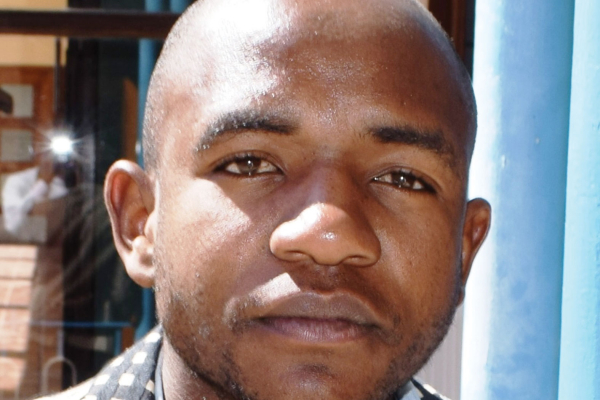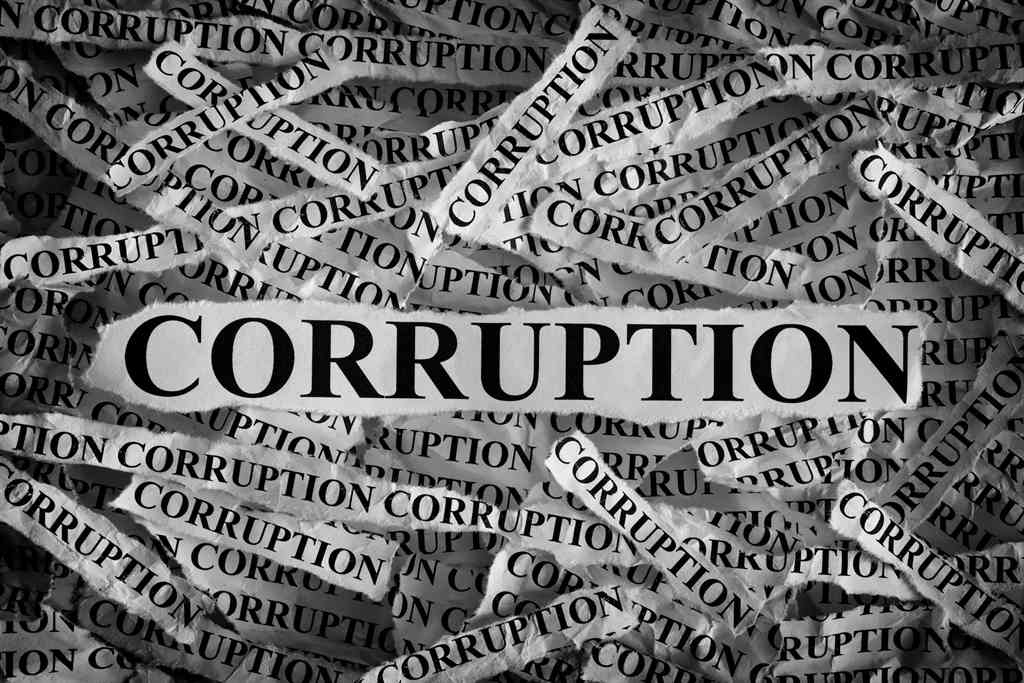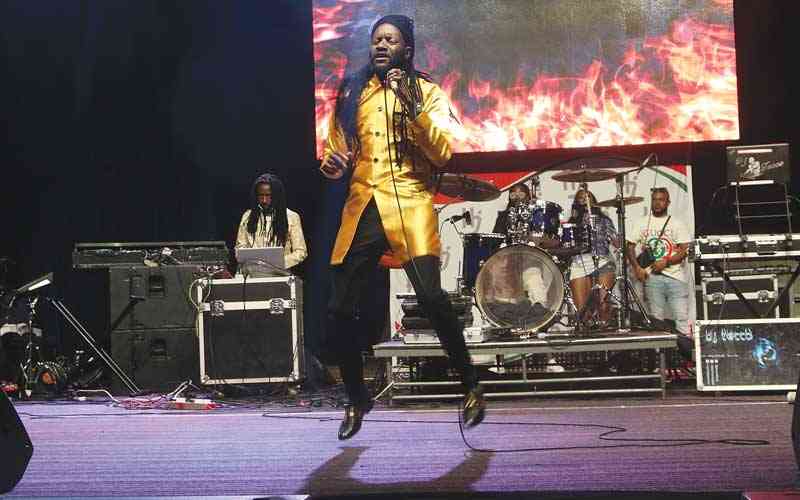
IN Russia, Leo Tolstoy perfectly captured the emotional turmoil associated with the unequal distribution of land in the book, Resurrection. English author Eric Arthur Blair, better known as George Orwell, laid bare social inequalities and the susceptibility of the human soul to doing wrong in Nineteen Eighty-Four and Animal Farm.
In Zimbabwe, Dambudzo Marechera captures the state of human life in a broken society in The House of Hunger and The Black Insider, while Alexander Kanengoni does the same with his war memories and the trauma of liberation war fighters in independent Zimbabwe in Echoing Silences.
Stanley Nyamfukudza and Charles Mungoshi are some of the names that come to mind. But what do all these authors have in common? It is the intricate ability to turn scenarios into timeless texts that formulate the basis of multiple political, socio-economic and psychological discourses. It is art turned into multi-faceted portraits for people to consume and end up not only there, but to relive the moments, times and emotions.
Going through these literary pieces, we recognise that we are a part of a system of life that we have no control over. At no point does a reader feel that there is a hand in the decision-making process of the characters and the settings of the plot.
Nothing turns off and also puts the name of literature into disrepute as that which openly parades the fact that at the centre of its functionalities, is the vein of propagandist-sponsored voices that lack a natural ability to pronounce a story.
Following Munashe’s journey in Echoing Silences is as awe-striking as is following Benjamin Tichafa’s in Shimmer Chinodya’s timeless classic, Harvest of Thorns.
In the generation of these texts, I am quite certain that the driving factor and inspiration was the movement of the time and life itself. This lane has evidently been much more progressive as compared to what is currently unfolding.
So many events have unfolded; from inflation to repression, to adjustment to infinite madness, but none have been captured. What clouds the attempts is the industry’s swerve away from the arts for arts’ sake adage.
- Chamisa under fire over US$120K donation
- Mavhunga puts DeMbare into Chibuku quarterfinals
- Pension funds bet on Cabora Bassa oilfields
- Councils defy govt fire tender directive
Keep Reading
There has been a preference towards content that best suits the curriculum selection criterion and also paying stakeholders in the form of non-governmental organisations. So, the writer is not taking homage to where it truly belongs.
Key life scenarios have been ignored and not added to the gallery of words and art. The true African struggle is lying out there uncaptured. The rental wars, the dwindling salary base, the ballooning cost of living and the marginalisation of the boy child have largely been ignored.
If ever there are attempts to capture these, what is apparent is that the present-day artist lacks enough depth to capture life in a way that one who reads it treats it as a reality and not as a myopic world view imposed by the artist.
One book I recently read was just a case of the obvious – a victimised girl child who is battered left right and centre by circumstances. At no point do we encounter our character as the author of her unfortunate circumstances, too. The plot and characters are void of multiple layers that engage the intellectual reader. This scenario is an extension of the banality of the mental capacity of the vast Zimbabwean society, in spite of its high literacy rate. This complex, too, however, can be apportioned to the high levels of disregard in present -day Zimbabwe. At one point, I met a colleague who had recently jetted in back from Germany. His argument was that Zimbabwean, or rather African, journalists, are shy of exploring key matters of the African problem. To me, however, writing about the erratic water supplies, electricity shortages, teenage pregnancies or even drug abuse was a matter of wasting time. For why, in any case, would I write about issues that have turned out to be the new normal?
Evidently, the above lamentations point at the bigger picture of the excuse that many have, for again, to many, words matter less in changing the world. But I write to shift that assumption, driving towards the viewpoint that writing is a special form of art that lifts general life to a higher pedestal, helping many find themselves and have a form of understanding to circumstances that they find themselves in.
Fiction, too, stands as a form of alternative medium of recording historical events. Interestingly, on the same page, multiple historical events have been unfolding, but I am certain that they have not been well recorded, yet it is a loss to the coming generations. Beniah Munengwa, who writes in his personal capacity, can be contacted through email [email protected].











